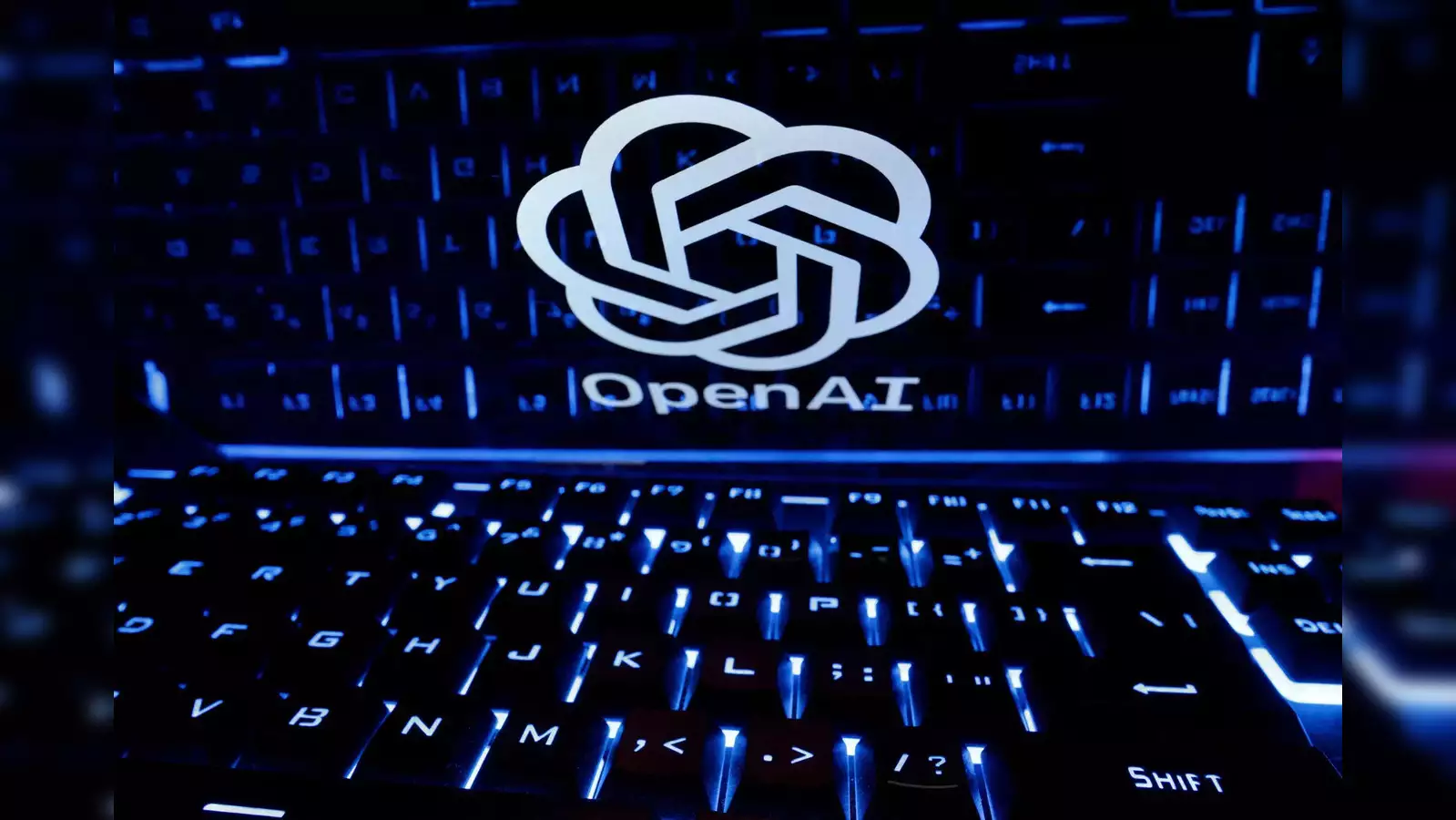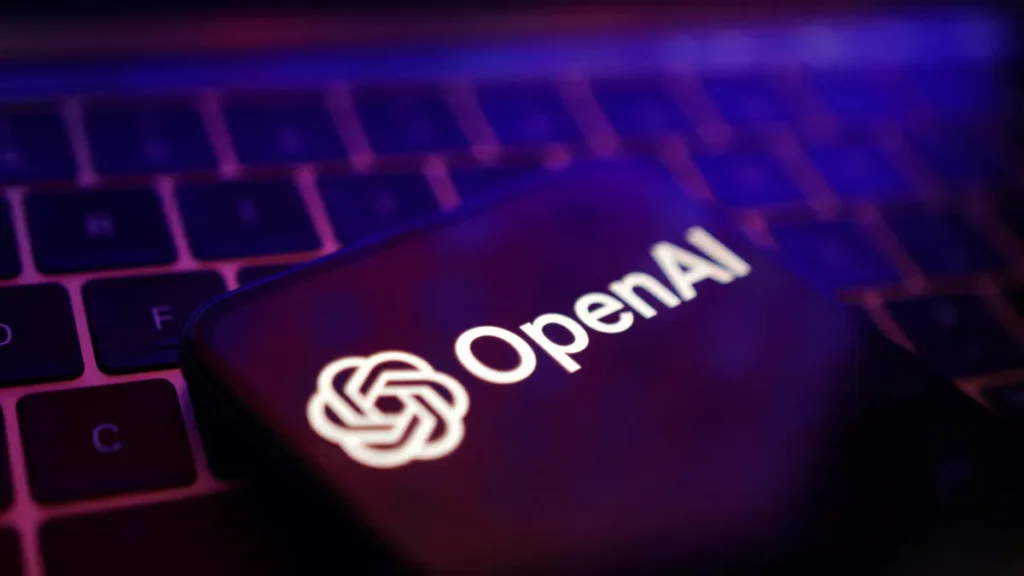OpenAI Reassures US Lawmakers: Committed to Ensuring AI Tools Are Safe and Responsible

OpenAI Reaffirms Commitment to Devote 20% of Computing Power to Safety Research
OpenAI has reaffirmed its commitment to ensuring that its AI tools are developed and deployed responsibly, addressing concerns raised by US lawmakers. In a response to five senators, including Senator Brian Schatz of Hawaii, OpenAI stated its dedication to preventing its powerful AI systems from causing harm. The letter, penned by Chief Strategy Officer Jason Kwon, emphasized that safety is a priority, and that the company has implemented various mechanisms to ensure employees can voice concerns regarding safety practices at any time.
The letter came after the senators sent a formal inquiry to OpenAI’s CEO, Sam Altman, questioning the company’s safety protocols and transparency. This move highlights the growing scrutiny from US lawmakers as AI technology becomes increasingly influential in society. Lawmakers are particularly interested in ensuring that companies like OpenAI maintain rigorous safeguards to mitigate potential risks associated with advanced AI, such as bias, misinformation, or unintended consequences stemming from its use.
Kwon reiterated OpenAI’s mission to benefit all of humanity with its AI tools. He explained that the startup has implemented robust safety measures across every stage of its development process. OpenAI, Kwon wrote, recognizes the profound impact its technologies can have on society and is committed to ensuring that its innovations are aligned with the public good. The letter also underscored the company’s transparency, reassuring lawmakers that OpenAI regularly audits its AI systems to identify and address potential risks.

In addition to its commitment to safety, OpenAI also highlighted the internal processes in place for raising concerns. Employees are encouraged to speak up if they identify any potential safety risks or ethical concerns related to AI development. OpenAI has created a culture where these issues can be openly discussed, and it has established formal channels for reporting and addressing such concerns. This proactive approach is designed to ensure that safety issues are identified early and that they are properly mitigated before the tools are widely deployed.
Moreover, OpenAI noted that it is dedicating a significant portion of its resources to AI safety research. The company has pledged to allocate 20% of its computing power toward safety-related projects, which includes researching ways to reduce biases, prevent harmful outputs, and ensure that AI systems behave predictably. This investment in safety is a central part of OpenAI’s strategy, reflecting its awareness of the challenges and responsibilities associated with creating powerful AI tools.
As AI continues to advance rapidly, OpenAI’s response to lawmakers serves as a clear signal of its intention to remain at the forefront of ethical AI development. By committing to safety, transparency, and proactive risk management, the company is working to address the concerns of both policymakers and the public, ensuring that its innovations serve as a positive force for society




















